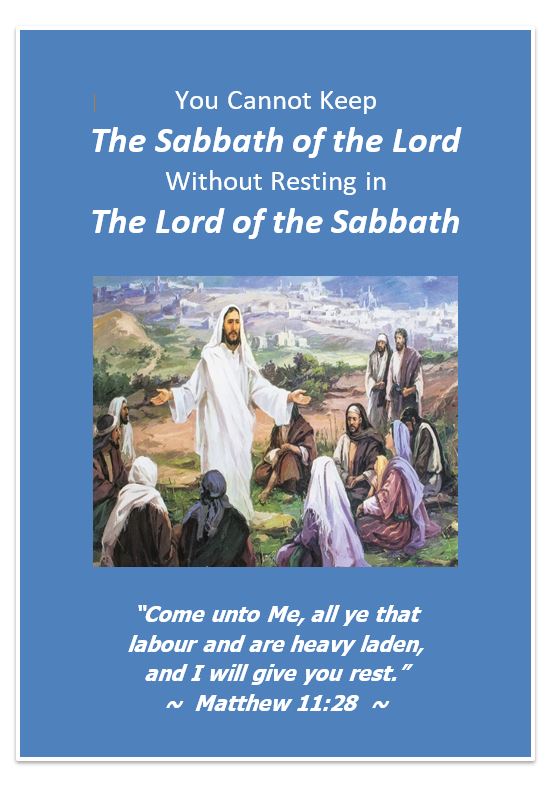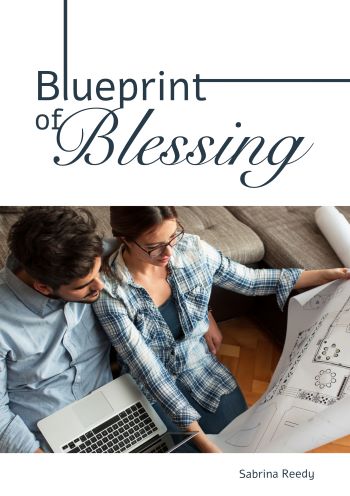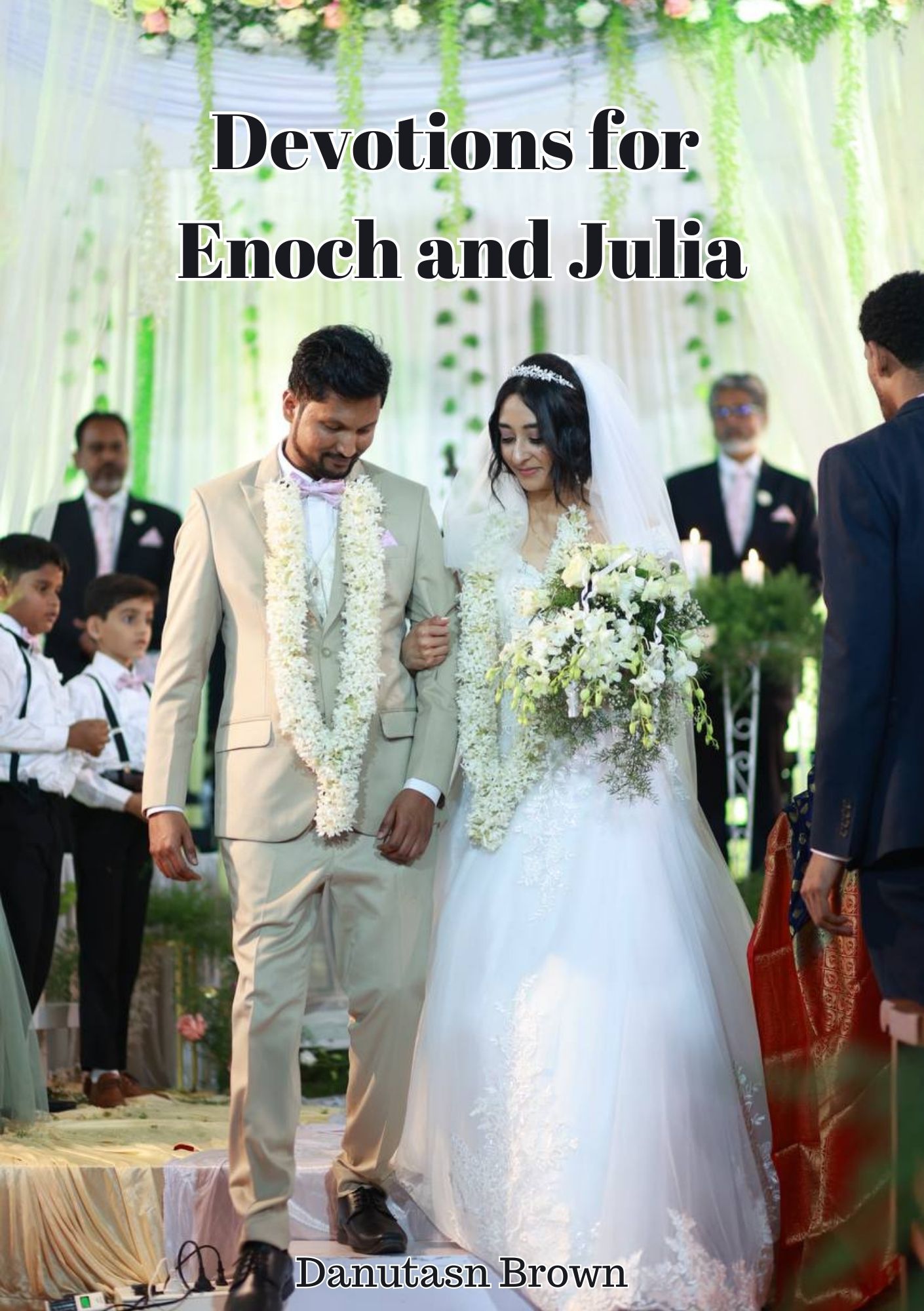Abraham, Sarah and Hagar: An Allegory Part 3

Genesis 21:9-12 “And Sarah saw the son of Hagar the Egyptian, which she had born unto Abraham, mocking. Wherefore she said unto Abraham, Cast out this bondwoman and her son: for the son of this bondwoman shall not be heir with my son, even with Isaac. And the thing was very grievous in Abraham’s sight because of his son. And Elohim said unto Abraham, Let it not be grievous in thy sight because of the lad, and because of thy bondwoman; in all that Sarah hath said unto thee, hearken unto her voice; for in Isaac shall thy seed be called.”
The word grievous is translated from the Hebrew word yara (Strong’s 3415), pronounced ‘yaw-rah’, and is used in the KJV in the following ways-displease 9, grieved 4, grievous 3, evil 2, ill 2, harm 1, sad, for a total usage of 22 times. In essence it means to tremble or to quiver. This word, yaw-rah, comes from a root word meaning heavily or with difficulty. When the Apostle Paul by inspiration names this event as the allegory of the old and new covenant it is with deepest and most tender regard for the true emotion and pain Abraham felt at this moment in time. You and I must understand that Abraham considered this the giving up of his firstborn son Ishmael. In Genesis 17:18-22 Abraham had pleaded,
“And Abraham said unto Elohim, O that Ishmael might live before thee! And Elohim said, Sarah thy wife shall bear thee a son indeed; and thou shalt call his name Isaac: and I will establish my covenant with him for an everlasting covenant, and with his seed after him. And as for Ishmael, I have heard thee: Behold, I have blessed him, and will make him fruitful, and will multiply him exceedingly; twelve princes shall he beget, and I will make him a great nation. But my covenant will I establish with Isaac, which Sarah shall bear unto thee at this set time in the next year. And he left off talking with him, and Elohim went up from Abraham.”
Abraham had had 13 years with this young man. Ishmael had reached the age of accountability and was considered the heir of Abraham’s wealth. Now the son and the bond woman must be cast out. The new covenant had to be established between humanity and our Creator based on the promise made by the Creator/Redeemer, not the works of the flesh. Not to be overlooked is the fact that it was Sarah that had to initiate this action! One might say, well Sarah had a baby now so it is just a selfish act on her part that Hagar and Ishmael must leave, but let me remind you that it was Sarah’s suggestion which placed Hagar in Abraham’s bed to begin with. It was the “mocking” of Isaac which the Scripture says was the reason for Sarah’s decision to have both Ishmael and his mother sent away. It took Elohim’s endorsement for this action to take place. In every believer’s heart there has to come that day when the understanding comes, with Elohim’s endorsement, that works of the flesh have to be cast out in regards to possessing salvation and eternal life.
The Scripture says in Romans 6:20-23
For when ye were the servants of sin, ye were free from righteousness. What fruit had ye then in those things whereof ye are now ashamed? for the end of those things is death. But now being made free from sin, and become servants to
(YHWH), ye have your fruit unto holiness, and the end everlasting life. For the wages of sin is death; but the gift of
is eternal life through
(Yahshua) the Messiah our Saviour.
It is by the promise that we inherit eternal life and Sarah knew it was her works which had caused this dissension/mocking in her home. The word dissension is defined by Webster as there being, “a difference of opinion; disagreement or, esp., violent quarreling or wrangling, see also Discord.” Sarah had brought this to her home and she must send it out and the Almighty agreed with her. Abraham took her suggestion and presented it before YHWH and the Almighty agreed with Sarah’s position to cast out Hagar and Ishmael. One must understand that on the day Hagar and Ishmael were sent away, Sarah was sending away a part of herself as well. She was dying to self which was her reasonable service.
Romans 12:1 “I beseech you therefore, brethren, by the mercies of YHWH, that ye present your bodies a living sacrifice, holy, acceptable unto YHWH, which is your reasonable service.”
Sarah was submitting to His way not her way! She was stepping into actual belief of the promise which on this day was a painful essential for peace to come into the vacated position of dissension in their home.
Paul in addressing the Galatians knew that by their turning back to having Torah observance being a means of salvation that this assembly (body of Messiah) would be torn apart by dissension. The pain he felt over the path the Galatians were taking, he relates to as the pains of childbirth, Galatians 4:19 “My little children, of whom I travail in birth again until the Messiah be formed in you,” One can begin to understand Paul’s emotional attachment and regard he had for this assembly when he compares this to the experience of Abraham, Sarah and Hagar. But greater than Paul’s regard for the Galatians is how our Messiah regards our personal spiritual walk today. Are we walking in an Old Covenant path or in a New Covenant path? If this account presented in Genesis in the life of Abraham is also taught by the Apostle Paul as an allegory then it is an issue that each believer must prayerfully consider each day.





